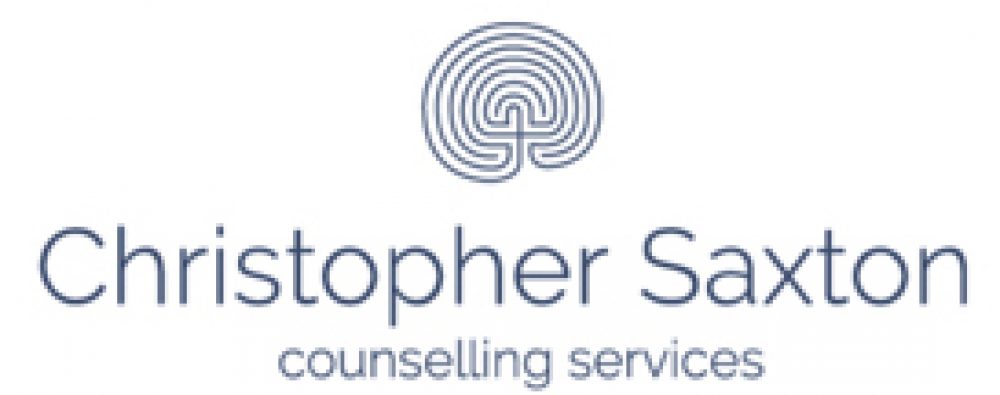Pastoral Counselling
Pastoral Counselling Toronto
My training is to meet people where they are without expectation and without the agenda of fixing, healing or converting the people I work with. I counsel clients of various faith backgrounds or with no faith tradition. I am not in any way preachy or “religious” in my counselling.
Pastoral counselling and psychotherapy is primarily concerned with the flourishing of human life in relationship. Specifically facilitating:
- Self to self
- Self to other
- Self to God/ the Transcendent/ the Divine/ a higher power
Pastoral counselling is a branch of counselling in which psychologically trained ministers, rabbis, priests, imams, and other persons provide therapy services. Pastoral counselors often integrate modern psychological thought and method with traditional religious training in an effort to address psycho-spiritual issues in addition to the traditional spectrum of counselling services.
Pastoral counselling seeks to hold open a space between ‘secular’ counselling (where some practitioners may be uncomfortable with religion) and ‘Religious’ counselling (which can be obsessed by it) – a space in which it is possible for psychology and theology, faith and counselling practice to remain in dialogue and for religion to be seen as a source of meaning and a resource for living.
Psychotherapy & Spirituality
Psychology and religion have traditionally been at odds. Freud believed that people used religion to cope with neurotic anxiety. In an attempt to be ‘scientific,’ psychologists generally adopted this attitude.
Now, in the early part of the 21st century thinking has changed. Science has become interested in metaphysical questions, and the study of spirituality and religion is now a major thrust in psychology. A substantial body of research in psychology has shown that people who practice a religion are healthier, happier, and better able to cope with stressful events.
Psychotherapists are beginning to learn how to attend to clients’ spiritual experience as part of their total reality. We are learning that people’s relationship to the Divine can be in need of healing as much as their relationship with themselves or with others. Of course, psychologists are not ministers or priests, and it is important to maintain appropriate professional boundaries. Nevertheless, we are learning that psychotherapy is enhanced if clients can address their religious and spiritual yearnings in therapy just as they do any other aspect of their lives.
In my work with clients, I am open to their spiritual experience and concerns. While I nurture my own spirituality within the Christian tradition, I believe all religions can be pathways to the Sacred, and am struck by their common understanding of spiritual health and development. Thus, as a Christian psychotherapist, I seek to understand and support each person’s own understanding of ultimate values and reality.
There is a profound similarity between psychological and spiritual experience. Individuals, for example, who are fearful of others may also fear Divine retribution. Those who feel abandoned by those they love, may feel abandoned by God. Many times, as a person’s psyche heals, so does his or her soul. Conversely, spiritual practices can play an important part in an individual’s healing process, providing support through a loving community and through ritual and belief which convey a sense of Divine love.
More centrally, I believe that psychotherapy and religion share a common core: both have found that healing and growth depend on an individual’s willingness to openly and honestly come to know themselves. Both have found that individuals need to feel they are accepted and loved in order to risk this process.
For information call me, Chris Saxton, at my confidential voicemail 416 577-8215 or email me ckwsaxton@gmail.com and together we can determine how I can best help you.
